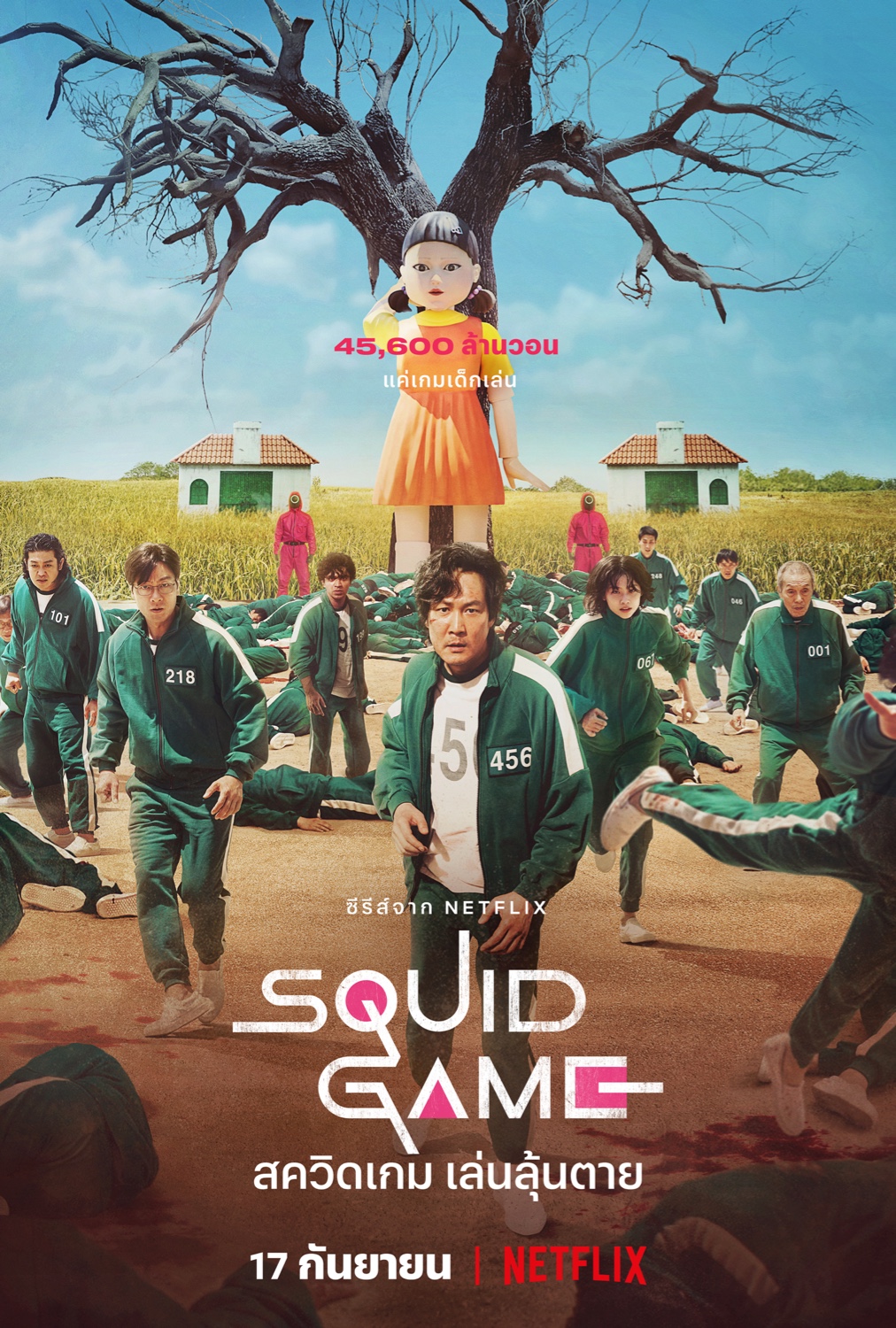Emerging as a global phenomenon, Squid Game is much more than a mere television series; it's a meticulous dissection of survival, human instincts, and societal structures, meticulously crafted by the visionary Director Hwang Dong-hyuk. This gripping narrative, which illustrates a vivid picture of individuals embroiled in a deadly competition of childhood games for a substantial monetary reward, is not merely about entertainment but a commentary on modern-day capitalism, societal disparity, and the lengths to which desperation can push individuals.

At the heart of Squid Game's story is Hwang Dong-hyuk’s incisive commentary on economic inequality and the notion of survival of the fittest. Inspired by Squid Game TV series and observations, Hwang paints a world where the desperation for financial security pushes individuals to engage in a deadly game, metaphorically representing the brutal reality of societal competition. Squid Game’s allegorical narrative serves not only as entertainment but as a critical mirror to the audience, prompting reflection about the constructs of morality, humanity, and the societal frameworks shaping them.
Hwang’s artistic approach to Squid Game is equally intriguing, blending a visually arresting aesthetic with a storyline that is emotionally rich and deeply humanistic. The contrast between the colorful playgrounds and the dark, ominous undertones of the games themselves generates a dichotomy that emphasizes the series' commentary on innocence betrayed and the destructive nature of greed and competition. This duality is further explored through characters that are richly developed, each bringing their own stories, drives, and frailties to the fore, weaving a narrative of human resilience and frailty.

Moreover, About Squid Game TV series -hyuk’s decision to employ games from his childhood as the series’ central motif not only evokes a sense of nostalgia but also acts as a grim reminder of the innocence and humanity that is at stake in the face of overwhelming societal pressures. This choice highlights the inherent desire for connection and belonging amidst the brutality of the games, highlighting the director's critique of societal fragmentation.
In conclusion, Squid Game, as envisioned by Hwang Dong-hyuk, is a meticulous blend of social commentary, human drama, and aesthetic brilliance. It challenges viewers to examine the aspects of their existence, the nature of competition, and the extremities of human desperation. Through this series, Hwang Dong-hyuk has not only created a cultural milestone but has also laid down a marker for storytelling, where the blend of entertainment and message elicits profound contemplation and dialogue.

